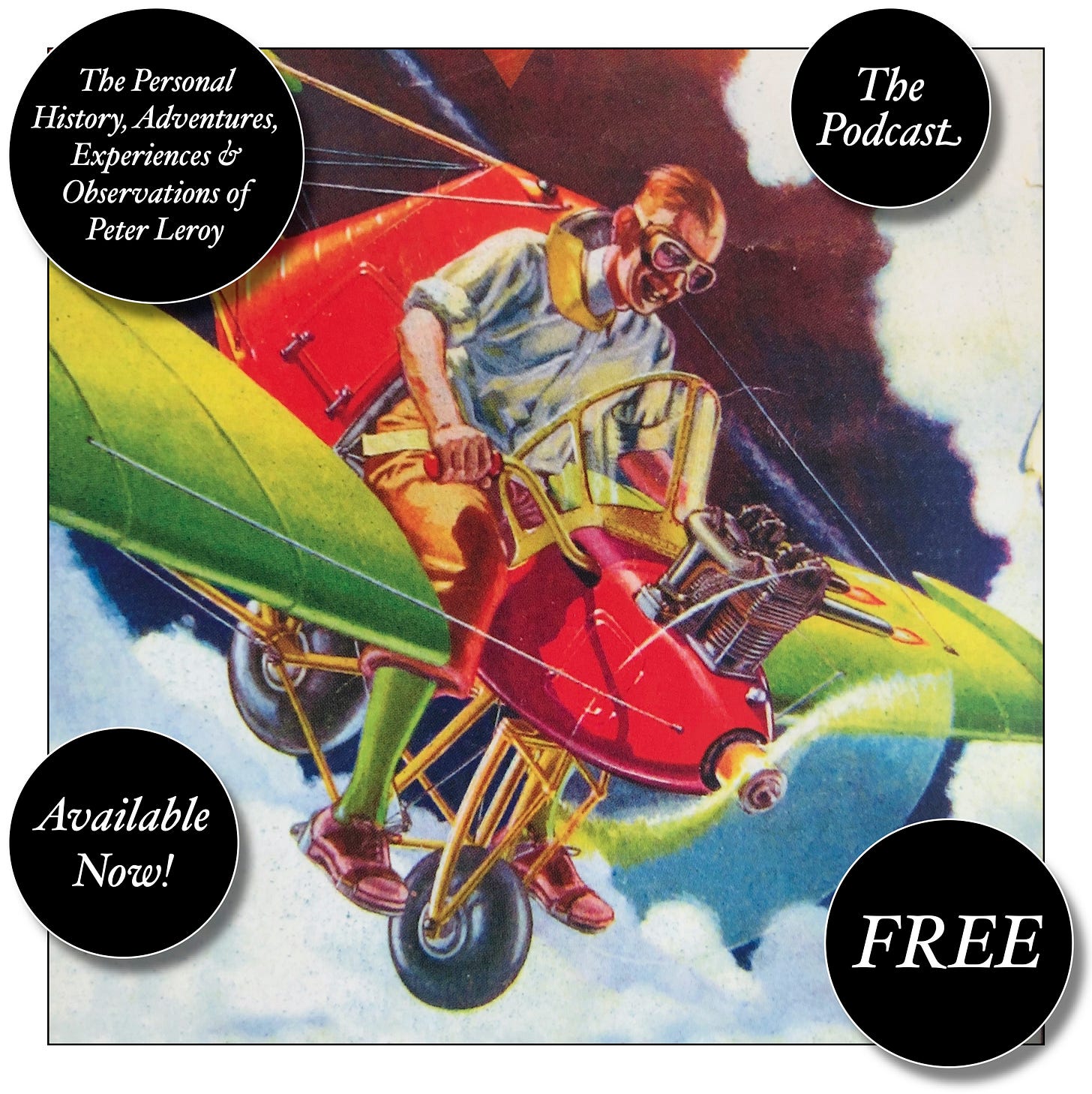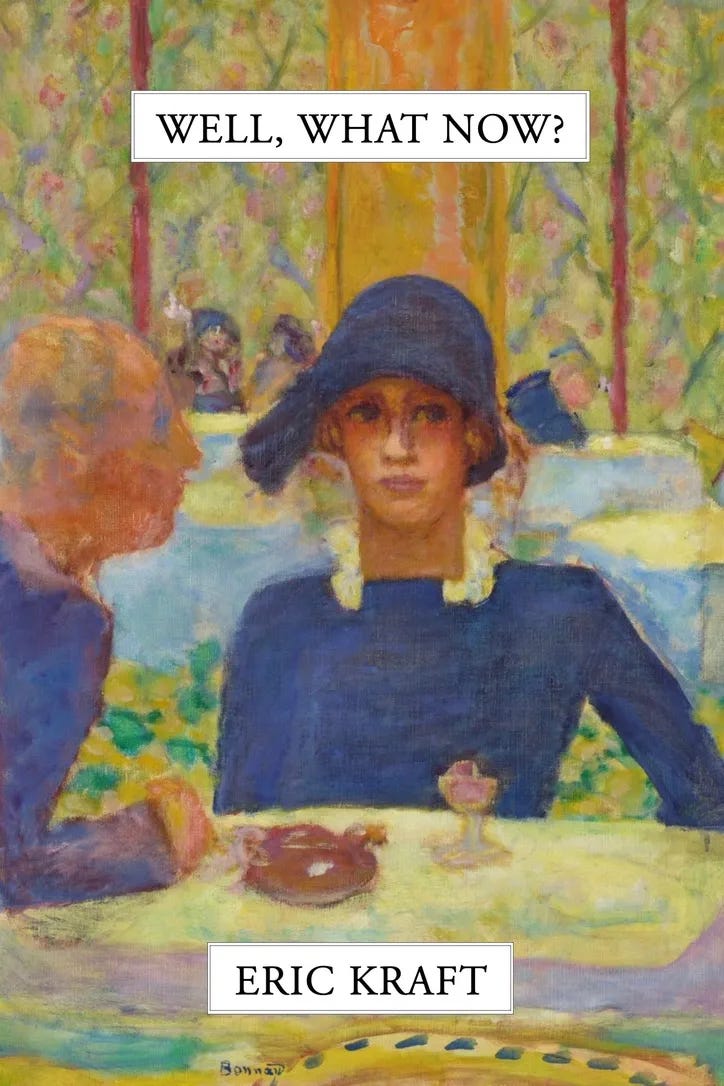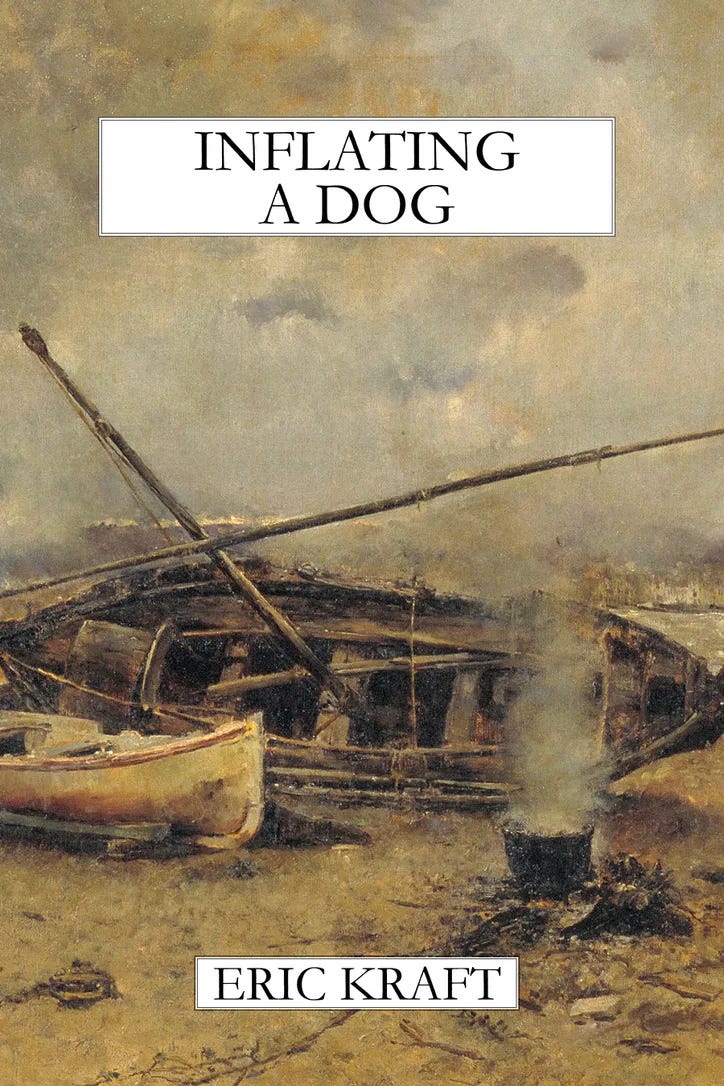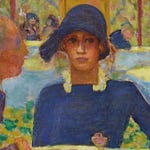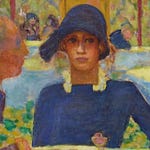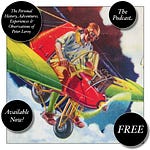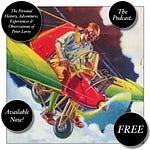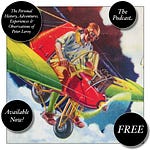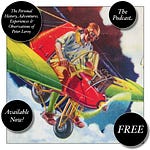Chapter 5
The Cynical Detective
IF I STILL HAD A LOT TO LEARN, and I did, I felt that I’d come to the right place. In Dudley’s own house I ought to be able to find out what I wanted to know, and Eliza had given me permission to poke and pry.
I sat for a while in the chair that I had sat in so many times before, and when I remembered Dudley’s saying that I had a lot to learn, I said, “That may be, but the lot that I have to learn is not the lot that you can teach me.” It wasn’t clever, and it didn’t seem quite grammatical, but at least I’d found my tongue.
I tried taking Dudley’s place and addressing the other chair as he would have if I had been sitting in it. I let my eyelids droop and allowed my mouth to twist itself into something that was not quite a sneer and could be mistaken for an indulgent smile. He supposes that he has become clever, I thought, and what he would probably describe as cynical, and apparently I am to be the object of this newfound cleverness and soi-disant cynicism. Well, we shall see who wins that contest, but at least he shall know what a cynic is.
“The Cynics,” I told the empty chair, as Dudley had once told me, “are widely misunderstood. Originally, they were a sect of Greek philosophers, flourishing some twenty-three-hundred years ago, who advocated the doctrines that virtue is the only good, that the essence of virtue is self-control, and that surrender to any external influence is beneath human dignity. In our time, as you have doubtless noticed, greed is considered the only good, people have no self-control nor wish to exercise any self-control, and the mass of them happily surrender to any external influence provided that it saves them the effort of thinking for themselves.”
“I wish you’d let me think for myself,” muttered the impertinent boy in the opposite chair.
“Plus ça change,” I went on as Dudley had, ignoring the impertinence. “Even in their day the Cynics were disparaged. Their foremost member, Diogenes, was slandered by Seneca, who claimed that he lived in a tub. The mob nicknamed him ‘Dog,’ which gives us a rather vivid idea of what people thought of him. Revere him, Peter, and wear the label ‘cynic’ proudly, for it is derived from that nasty nickname, kyon in Greek, and today it designates those of us who point the finger at human vanity and pride, who recognize that selfishness is the motivation for every human action, who scoff at claims of disinterest or altruism or love, who ask, always, ‘Cui bono?’ In other words, what the world calls a cynic, a dog, I — and, I hope, you, my boy — would call a reasonable human being.”
When Dudley had finished, he began the business of emptying and cleaning his pipe, and he said to me, “I trust you will remember that.” I resolved to forget it as soon as possible, but despite the passage of time I hadn’t managed to forget it, and sitting in Dudley’s chair had brought it back to me so completely that if I had had someone sitting opposite me I could have delivered the lecture on the Cynics just as Dudley had delivered it to me, word for word. I resolved to try delivering it some evening, if I could find an acolyte, a young novice to sit in the chair opposite me, someone to educate and belittle. I might even try smoking one of Dudley’s pipes. In the befuddled logic of adolescence, becoming more like Dudley seemed somehow to be a way of getting the better of him.
I didn’t stay long in the living room. There wasn’t much there that seemed likely to provide the answers I was seeking, nor did I find what I was after anywhere else in the house that night. Over the course of the next couple of weeks, I visited the house daily, as Eliza had asked me to do, and sometimes I visited twice a day, to find what I could find, to learn what I could learn. I investigated every inch of it. I came to know everything that was in every dresser and cabinet and bedside table. I knew the title of every book on every bookshelf, and I flipped through many of them. I knew everything that was in the desk in Dudley’s study. I tried on Dudley’s life as if it were a suit of clothes. I sat in his chair in the living room, drinking his Scotch, reading his diary. I read his mail, the letters he had saved and the copies of letters that he had sent. I sat at his desk, and I took notes on a pad that I found there, writing with Dudley’s pen. I used his toilet and bathed in his tub, where I read the little volume on Diogenes from which he had taken the text of his lecture on the Cynics. I slept in his bed, on the side that the contents of the bedside table told me was his, beside the side that Eliza would have occupied.
Did I come to understand what it had been like to be Dudley Beaker? Somewhat, I think. Did I find any evidence that he was my father? Yes. What I found wouldn’t have convinced anyone; it didn’t even convince me, but it did suggest that further investigation was called for. This is what I found: some photographs of my mother in an album in the bottom drawer of Dudley’s desk. There was nothing sexually suggestive about these photographs, but there was in his having kept an album exclusively devoted to photographs of my mother something strongly suggestive of his having played the essential role in my paternity, it seemed to me. Dudley had been an amateur of photography, and he was always volunteering to take photographs at family gatherings. Apparently, he had kept copies for himself of the pictures in which my mother appeared. I would say that the photographs showed my mother from about thirteen to twenty-four, her age when she gave birth to me. In the last photographs of her that he had pasted into the album, she was pregnant. At that point, he had stopped adding pictures to the album. It contained no pictures of me.
[to be continued]
Subscribe to The Personal History, Adventures, Experiences & Observations of Peter Leroy
Share The Personal History, Adventures, Experiences & Observations of Peter Leroy
Watch Well, What Now? This series of short videos continues The Personal History, Adventures, Experiences & Observations of Peter Leroy in the present.
Have you missed an episode or two or several?
You can begin reading at the beginning or you can catch up by visiting the archive or consulting the index to the Topical Guide. The Substack serialization of Little Follies begins here; Herb ’n’ Lorna begins here; Reservations Recommended begins here; Where Do You Stop? begins here; What a Piece of Work I Am begins here; At Home with the Glynns begins here; Leaving Small’s Hotel begins here.
You can listen to the episodes on the Personal History podcast. Begin at the beginning or scroll through the episodes to find what you’ve missed. The Substack podcast reading of Little Follies begins here; Herb ’n’ Lorna begins here; Reservations Recommended begins here; Where Do You Stop? begins here; What a Piece of Work I Am begins here; At Home with the Glynns begins here; Leaving Small’s Hotel begins here.
You can listen to “My Mother Takes a Tumble” and “Do Clams Bite?” complete and uninterrupted as audiobooks through YouTube.
You can ensure that you never miss a future issue by getting a free subscription. (You can help support the work by choosing a paid subscription instead.)
At Apple Books you can download free eBooks of Little Follies, Herb ’n’ Lorna, Reservations Recommended, Where Do You Stop?, What a Piece of Work I Am, At Home with the Glynns, and Leaving Small’s Hotel.
You can buy hardcover and paperback editions of all the books at Lulu.
You’ll find overviews of the entire work in An Introduction to The Personal History, Adventures, Experiences & Observations of Peter Leroy (a pdf document), The Origin Story (here on substack), Between the Lines (a video, here on Substack), and at Encyclopedia.com.



